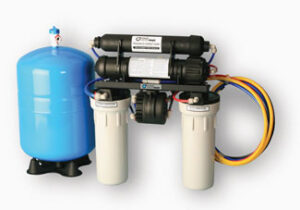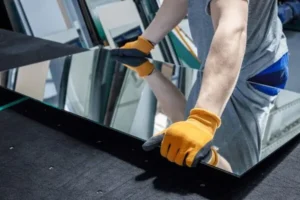Water pressure and odors are two common issues homeowners face with their plumbing systems. Low or high water pressure can affect daily activities like showering and dishwashing, while unpleasant odors may indicate underlying problems in your water supply. Understanding how to check water pressure and identify the sources of Shower water filter installation near me can help maintain a healthy and efficient plumbing system.
Why It’s Important to Check Water Pressure
Effects of Low and High Water Pressure
Water pressure plays a crucial role in the functionality of your plumbing. If the pressure is too low, appliances like washing machines and dishwashers may not function properly. On the other hand, excessive pressure can damage pipes and lead to leaks.
How to Check Water Pressure at Home
Checking water pressure is simple and water softener Brenhan minimal tools. Here’s how you can do it:
- Use a Water Pressure Gauge: Attach a water pressure gauge to an outdoor faucet or hose bib. Ensure all other water sources in the house are off before testing.
- Turn on the Faucet: Open the faucet fully and read the pressure gauge. The ideal water pressure should be between 40 and 60 psi.
- Monitor Fluctuations: If the reading is below 40 psi, you may need a pressure booster. If it’s above 60 psi, consider installing a pressure regulator.
- Check Multiple Faucets: Variations in pressure at different locations may indicate pipe blockages or leaks.
Identifying and Eliminating Odors in Water
Common Causes of Odors
Unpleasant odors in your water can stem from various sources, including:
- Sulfur or Rotten Egg Smell: Caused by hydrogen sulfide gas, often from bacterial growth in wells or water heaters.
- Musty or Earthy Odor: Typically results from decaying organic material in plumbing pipes or well water.
- Chlorine Smell: Common in municipal water supplies due to disinfecting agents.
- Metallic Scent: Indicates the presence of iron, manganese, or copper in the water.
Steps to Address Water Odors
- Flush the System: Run water for a few minutes to see if the odor dissipates.
- Check the Water Heater: If the smell originates from hot water, flushing the water heater or replacing the anode rod may help.
- Test for Contaminants: A water quality test can identify bacteria, chemicals, or minerals causing the odor.
- Install a Filtration System: A carbon filter or reverse osmosis system can help remove odor-causing compounds.
Conclusion
Maintaining balanced water pressure and addressing odors in your home is essential for both comfort and health. Regularly checking your water pressure and identifying the sources of odors can prevent long-term plumbing issues and ensure a safe water supply. If persistent problems arise, consulting a professional may be necessary.


